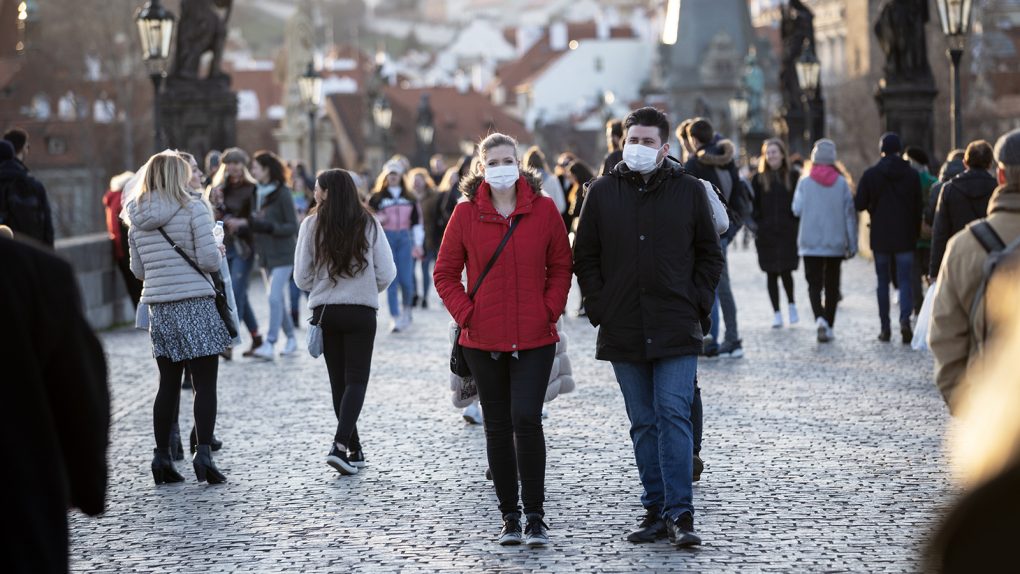- Coronavirus immunity is still a mystery, as the virus is too young for researchers to offer a definitive answer for how long it lasts.
- Various studies have shown that the immune response after COVID-19 involves many types of cells, not just neutralizing antibodies.
- A new COVID-19 immunity study that everyone should be aware of was just published in a scientific journal after being released in pre-print form in mid-November.
- The study shows that people infected early in the pandemic still had a strong immune response eight months later, suggesting similar protection from vaccines is possible.
The first coronavirus vaccines are being administered in the US and UK right now, with the entire European Union to start its immunization campaign after Christmas. The Pfizer/BioNTech vaccine has been authorized for emergency use in all these regions, with Moderna’s drug being used only in America for the time being. Combined with ongoing health measures, vaccines can hasten the return to normalcy because they can help build up herd immunity rapidly.
Phase 3 trials have shown that both drugs can protect against severe COVID-19 in 95% of cases, which can help reduce the number of deaths dramatically. Vaccine developers also explained that the vaccines elicit potent immune responses, matching or exceeding what’s seen in COVID-19 survivors. What they can’t say is how long coronavirus immunity lasts after inoculation — but now there’s a new coronavirus study that brings great news on that front.
Researchers from Monash University published their findings about a month ago in pre-review form. They studied samples from 25 COVID-19 survivors and discovered the volunteers developed long-lasting immunity after infection. The samples were taken up to 242 days after the infection, or about eight months.
The researchers confirmed that the proteins that can block the virus from infecting cells can indeed disappear from the bloodstream after a period of time. Those are the neutralizing antibodies that hook up to the virus’s spike protein, preventing it from linking with human cells.
But they also made a more important discovery.
The team found that the immune system creates B and T cells that are specific to the new pathogen. These white blood cells will recognize the coronavirus in the event of a second encounter. The B cells would create other antibodies in response to the new event, while some of the T cells will directly kill those cells that do get infected. While the antibodies declined over time, the B memory cells continued to climb until 150 days after the onset of symptoms.
The Monash researchers essentially gave the world the best possible immunity news so far, that the immune response after a COVID-19 infection is a potent one. They further confirmed other recent immunity studies that indicated it’s not just neutralizing antibodies that are important to help fight the virus upon reinfection. The immune response is more complex than that.
Vaccine makers have been mostly detailing neutralizing antibodies in their reports, but they’ve also started analyzing B and T cells after vaccinations. The Pfizer/BioNTech team recently explained that T cells that can target the virus’s spike protein are created after vaccination.
The Monash study was just published in a proper scientific journal — ScienceMag. While more data is needed on the topic of COVID-19 immunity, this adds further validation for the research. It’s not just another paper published in non-peer-review form.
“As knowledge of SARS-CoV-2 and human lung immunology evolve, we will gain insight into what is required for a protective response to this respiratory virus. However, we propose that the establishment of systemic immune memory will prevent severe systemic COVID-19, and reinfection may be limited to a mild or asymptomatic upper respiratory tract infection,” the researchers wrote.
They also suggest that the study of B cells could be used in vaccine research. “As we have shown that SARS-CoV-2-specific [B memory] cell numbers are stable over time, we propose that these [B memory] may represent a more robust marker of long-lived humoral immune responses than serum antibodies. Therefore, cellular measurements of the immune response could be more reliable markers for maintenance of immunity following natural infection or vaccination.”
As more time passes, researchers will continue to measure the immune response in COVID-19 patients who were infected early in the illness. Immunity could last even longer than the 8 months of protection the Monash study has documented. Since the virus is still so new, it’s far too soon to tell.
Separately, Operation Warp Speed chief Moncef Slaoui said that prevention of infection “may be shorter-lasting, maybe lasts three, four, six months” in an interview a few days ago. But he added that “prevention of disease, in my humble opinion as an expert, is probably going to last a year or two years, three years.” That means people might still be infected by the coronavirus, but they won’t develop severe COVID-19 in most cases.
Studies like this one might give more people the motivation to get a COVID-19 vaccine as soon as possible. Herd immunity will require more than 70% of people to get vaccinated, and there’s still a significant group that’s hesitant. Vaccine supply will be scarce initially, but everyone who wants a COVID-19 vaccine should get one by April, as manufacturing ramps up. If you’re still on the fence about vaccines, this is the COVID-19 immunity study that should convince you.








